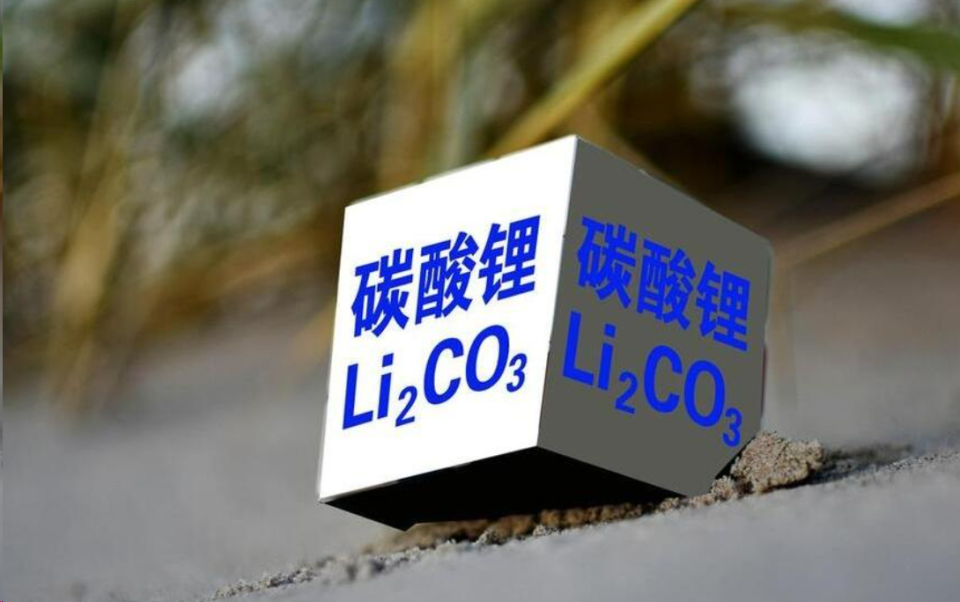China's First Green Methanol Carbon Footprint Standard Officially Released
Recently, the China Entry-Exit Inspection and Quarantine Association (CIQA) announced the approval and implementation of the standard T/CIQA 109-2025 "Green Methanol Product Carbon Footprint Evaluation", which was officially released in March 2025. This standard was awarded the "2024 Outstanding Group Standard Award for Standardization Work"by the CIQA.
What is the Green Methanol Carbon Footprint Standard?
The Green Methanol Carbon Footprint Standard is a specification designed to quantify the carbon emission intensity throughout the entire life cycle of green methanol products. According to relevant international standards (e.g., those by the International Renewable Energy Agency), methanol can only be certified as "green methanol" when produced from sustainable feedstocks and when its carbon footprint meets stringent requirements. Green methanol, characterized by clean combustion, high energy conversion efficiency, and renewability, has emerged as a key decarbonization solution for the shipping industry.
Leading Drafting and Participating Units
China Marine Surveyor & Inspection Corporation (CMSIC), a subsidiary of COSCO Shipping Logistics Supply Chain, spearheaded the drafting process. Collaborative efforts included key players across COSCO Shipping's methanol industrial chain, such as:
- COSCO Shipping (Hong Kong) Co., Ltd.
- COSCO Shipping Energy Transportation Co., Ltd.
- China Marine Bunker (PetroChina) Co., Ltd. (CHIMBUSCO)
- Yunda Energy Technology Group Co., Ltd.
- Guangdong-Hong Kong-Macao Eco-Environmental Science Center
- Shanghai Jiyuan Green Energy Co., Ltd.
These units encompass expertise in green methanol investment, production, transportation, procurement, bunkering, and trading.
Scope and Significance of the Standard
The standard establishes a carbon footprint assessment methodology rooted in China’s national context while aligning with mainstream international frameworks like the EU’s regulations. It provides the industry with a scientific and standardized technical reference.Key contributions include:
- Supporting China’s green methanol industrial system and sustainable development.
- Driving R&D innovation in low-carbon technologies and facilitating the application of new productive forces.
- Building a standardized green energy industrial chain to synergize environmental and economic benefits.
Next Steps
CMSIC will continue leveraging standards to lead industrial advancement, focusing on:
- Establishing carbon footprint emission factor databases for marine green fuels (e.g., green methanol, biofuels, Bio-LNG, green ammonia, RFNBO/e-fuels).
- Promoting national standard initiatives for green methanol and expanding international mutual recognition.
RELATED POSTS
Lithium Carbonate Hits Rare Price Limit Up! Has Industry Restructuring Concluded?










